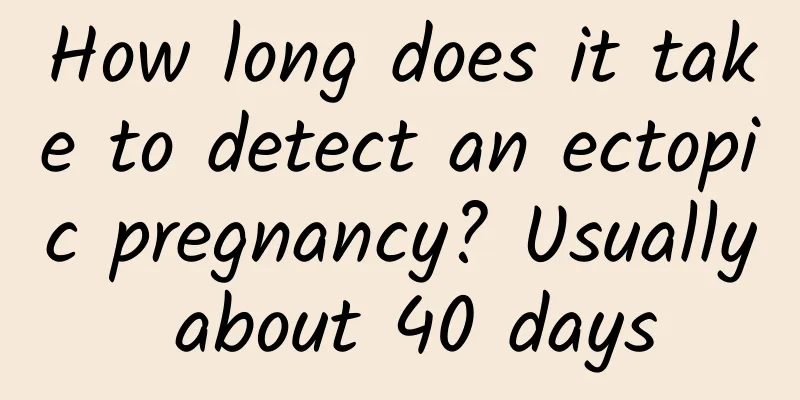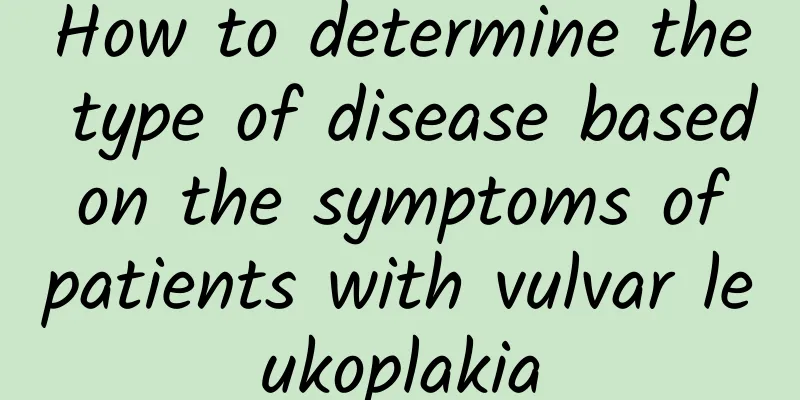What seafood can you eat during pregnancy?

|
The risk of congenital miscarriage during pregnancy requires careful selection of diet. Some seafood can be eaten in moderation, but care should be taken to avoid species with high mercury content or that may cause allergies, such as sharks and swordfish. Recommended relatively safe seafood include salmon, cod and shrimp, which are rich in high-quality protein and Omega-3 fatty acids, which help promote physical recovery. 1. Recommend suitable types of seafood Salmon: Salmon is rich in omega-3 fatty acids, which help repair body tissues and support recovery. It is also rich in vitamin D and protein, which can enhance immunity and regulate many important functions in the body. Choose cooked salmon and avoid eating raw fish to prevent parasites or bacterial infection. Cod: Cod is a safe low-mercury seafood that contains high-quality protein and vitamin B12, which helps regulate nerve and blood function and is particularly suitable for consumption during the recovery period. Again, it must be thoroughly cooked before consumption. Shrimp: Shrimp contains high-quality protein and minerals such as zinc and selenium, which are beneficial for body repair and immune support. It is recommended to control the amount of consumption, no more than 150 grams per week, to avoid excessive intake that may increase cholesterol in the body. 2. Types of seafood to avoid Fish high in mercury, such as swordfish, shark, tuna, especially yellowfin and albacore tuna, should be avoided. Seafood high in mercury may inhibit nervous system function and affect recovery. Raw and marinated seafood and shellfish such as oysters and clams can easily carry bacteria or viruses, leading to food poisoning or infection. Avoid overly spicy seafood dishes, such as spicy crab or spicy lobster, as the irritating seasonings may cause gastrointestinal discomfort. 3. Precautions for seafood intake Weekly seafood intake should be controlled within 340 grams, including a combination of different varieties. Purchase seafood products with traceable sources to ensure that the food is fresh and hygienic. When cooking, be sure to heat food thoroughly until cooked through to avoid potential foodborne illness. After a miscarriage, the core of diet is to promote the recovery of the body. Choosing seafood properly and eating it in moderation can help supplement nutrition, but it needs to be combined with a variety of fruits, vegetables and whole grains to achieve a balanced diet and promote full recovery. If the body has an abnormal reaction or has a history of allergies to seafood, it is recommended to consult a doctor or nutritionist for further guidance. |
<<: Causes of uterine fibroids and ovarian cysts
>>: Can I get pregnant after removing a uterine cyst?
Recommend
Experts explain to you what is vulvar leukoplakia
Many patients diagnosed with vulvar leukoplakia o...
What are the categories of cervical erosion according to the degree of lesions?
For many patients, it is sometimes difficult to j...
How is threatened miscarriage treated?
How is threatened miscarriage treated? Threatened...
New Year’s Eve meals lack dietary fiber, which will send your stomach and intestines into alarm! Nutritionist: Supplement 3 kinds of health foods to help regulate nutrition
If you eat too much meat and fish during the Chin...
Which hospital is best for vulvar itching?
In life, many female friends are troubled by vulv...
What are the symptoms of pelvic effusion?
Pelvic effusion is a common disease among modern ...
How to prevent menopausal dysfunctional uterine bleeding
When women reach around 45 years old, menopause i...
How long does it take to get menstruation after abortion?
The time of menstruation after abortion is not fi...
Do I need to take medicine for life if I get hypothyroidism after an abortion? In addition to taking medicine, you can use these 4 foods to help treat hypothyroidism
When hypothyroidism occurs after abortion, lifelo...
Do you have the habit of "washing your butt"? Reminder: Regularly cleaning your anus may prevent these 5 diseases
Let me tell you a real case. Mary is a career eli...
We should pay attention to the common symptoms of ovarian cysts as early as possible
Among female diseases, ovarian cysts are relative...
Causes of abnormal vaginal discharge
Causes of abnormal leucorrhea: Physiological leuc...
How to judge miscarriage
How to determine miscarriage? To determine whethe...
Women should pay attention to the prevention of cervical erosion
Cervical erosion is the biggest threat to the cer...
What is the situation of heavy bleeding during miscarriage? What are the complications of heavy bleeding during miscarriage?
Many female friends who are pregnant without bein...









